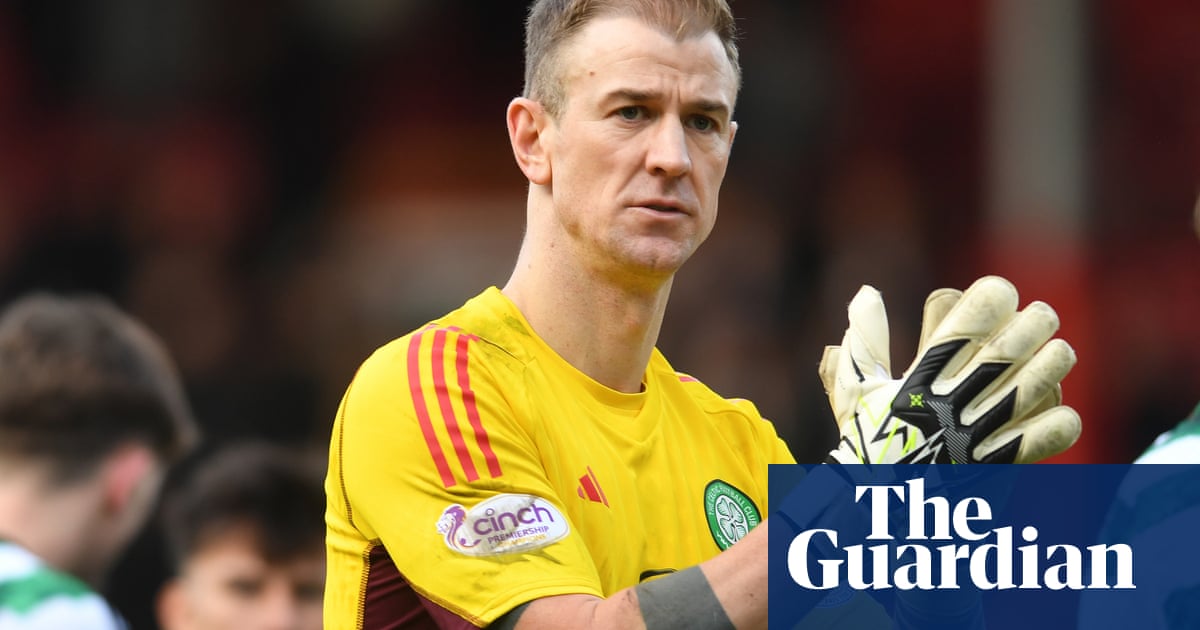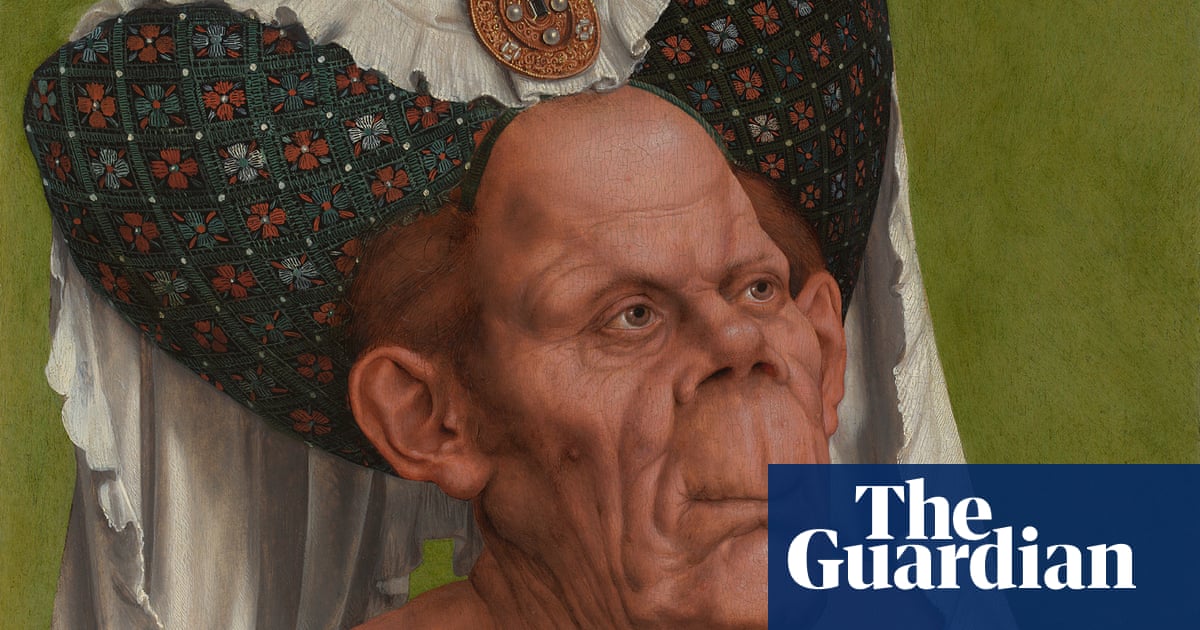
Remember the bad old days of English exceptionalism? Remember the golden generation, the way England’s footballers seemed to collapse and wither in the tournament sun, running through heavier air?
Remember David Beckham, sitting behind Fabio Capello in Bloemfontein in his Victorian undertaker’s suit as England were devoured by Germany, stroking his whiskers in mute confusion and looking all the while like a very clever, very handsome cartoon water vole who lives in a mansion and wears a watch-chain and is only just this moment realising he shouldn’t actually be able to talk or stand up or drive his motor car?
Fast forward to the current England setup and a great deal has changed. Not just for the players, who seem more comfortable in so many ways. But also in the ambient noise around the team.
One of the most endearing parts of this, as they head with a sense of clarity into Euro 2020 qualifying, is the sustained and in-no-way boastful trumpeting of just how humble England are these days.
The key missing ingredient was, it turns out, world-class humility. We went away, took a good, long, lingering look in the mirror, and decided to become less self-absorbed.
Instead England became humble, became the very best at being humble, the players thoughtful and personable, the manger a vision of austere and stubbly virtues, appearing on the touchline like the ghost of some world-weary Virginia frontiersman.
One of the Onion’s classic early stories was about a Tibetan monk gloating over his victory in the world yoga championships while shouting “I am the serenest!” And England are proud to declare themselves the humblest, the least ramped up on pressure and expectation, a binding quality that sits nicely with the more practical gains in managing the details, having an excellent striker and bringing in talented young players.
Which is all very well. But one thing about moving on is that it does leave some interesting shadows. The current double-header will mark one year since Jordan Pickford established himself as England’s first-choice goalkeeper, an anniversary that has already been widely noted.
There is another story here though, albeit one that doesn’t seem to hold much interest so far. As a rider to Pickford’s rise, it is also a year since Joe Hart made his last and surely final appearance in an England squad.
Who thinks of Hart now? It is a name that will perhaps draw a shrug, even a chuckle. All good purges require a bad guy. And in the last year it is Hart who has become a punchline to the new age, an easy prop for those groping after a point of comparison.
When Gareth Southgate was honoured at a dinner last year it was Hart’s name that came up in anecdotes about how refreshing, how different, how – yes – humble the new crop are. In the buildup to the games against the Czech Republic and Montenegro one former England player could be heard warning Pickford that above all else he must not “become like Joe Hart”.
Or in other words, become overwrought and pumped on his own importance, one of those cautionary relics of the pre-humble times, still lurking around the place like broken robots.
In reality Hart’s story carries a great deal more interest. If only because the downshift in his fortunes has been so astonishing.In the last three years he has been dropped by Manchester City, England, West Ham and now Burnley. This season Burnley have lost 13 of 19 league games Hart has played in. He’s conceded three goals or more nine times and been beaten 13 times by shots from outside the box.
Look back a little further and the ballad of Joe Hart becomes a join-the-dots exercise, a Da Vinci code of England angst. Hart went to four tournaments between 2010 and 2016, each one excruciating in its own unique way. He played in the defeat to Uruguay and the defeat to Iceland, when rather than trying to make actual saves he seemed keen simply to lie down quite near the ball, studying its high-res revolutions as it trundled past.
It was the game against Italy in Kyiv that perhaps drove him over into some other place. Hart had 85 touches that night as England ran away from the ball in terror. He made faces at Italy’s penalty takers and was sat down like a naughty toddler by Andrea Pirlo, who “gave him the spoon”, the most dismissive Panenka penalty ever taken.
And so Hart became fixed as an emblem of unearned English arrogance, ambassador of generation nowhere. They’re all nearing 30 now or just past, the lost boys of Euro 2012, career top-tier footballers with millions in the bank, but oddly vague figures too.
Andy Carroll is still out there roaming the wild fringes of the Premier League like the last centaur. Theo Walcott, the youngest man to score an England hat-trick, has played 464 games, or rather the same game 464 times, a footballer who always seems to be running away from something rather than towards it.
What to make of these inbetweeners now, English football’s own unforgiven? It is easy to turn them into cartoons, cautionary tales from a pre-enlightened, insufficiently golden age. But they are also ours. We made these rusting hulks, created the lack of care, the cash-drenched vacuum in which they bloomed.
In particular Hart, with his four Golden Glove gongs, his highest clean sheet ratio of any England goalie over 50 caps, deserves better than to be remembered as a punchline to the good times; an outsider now, whose story would be so much more satisfying with just the mildest of happy endings. The Guardian Sport












